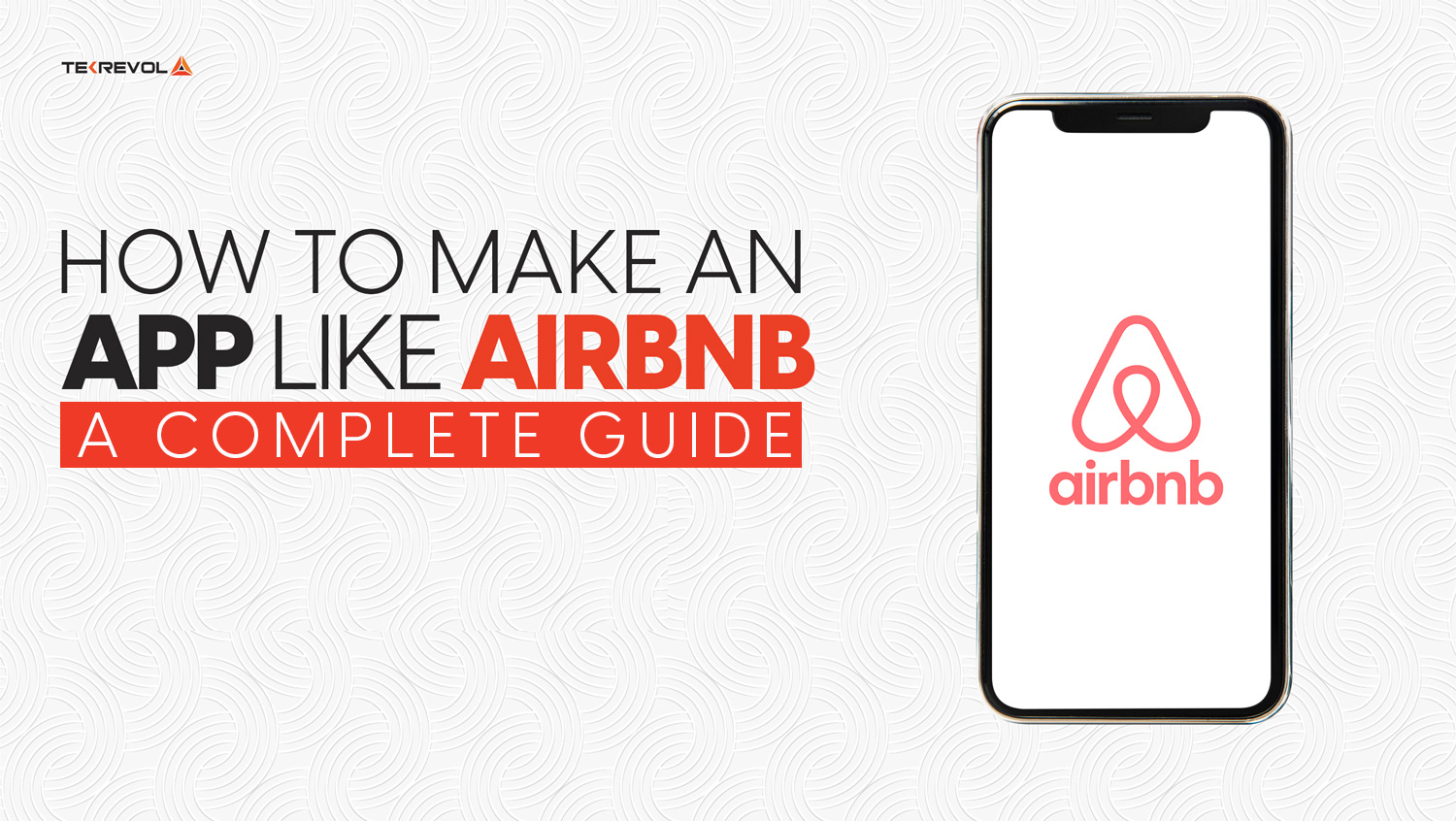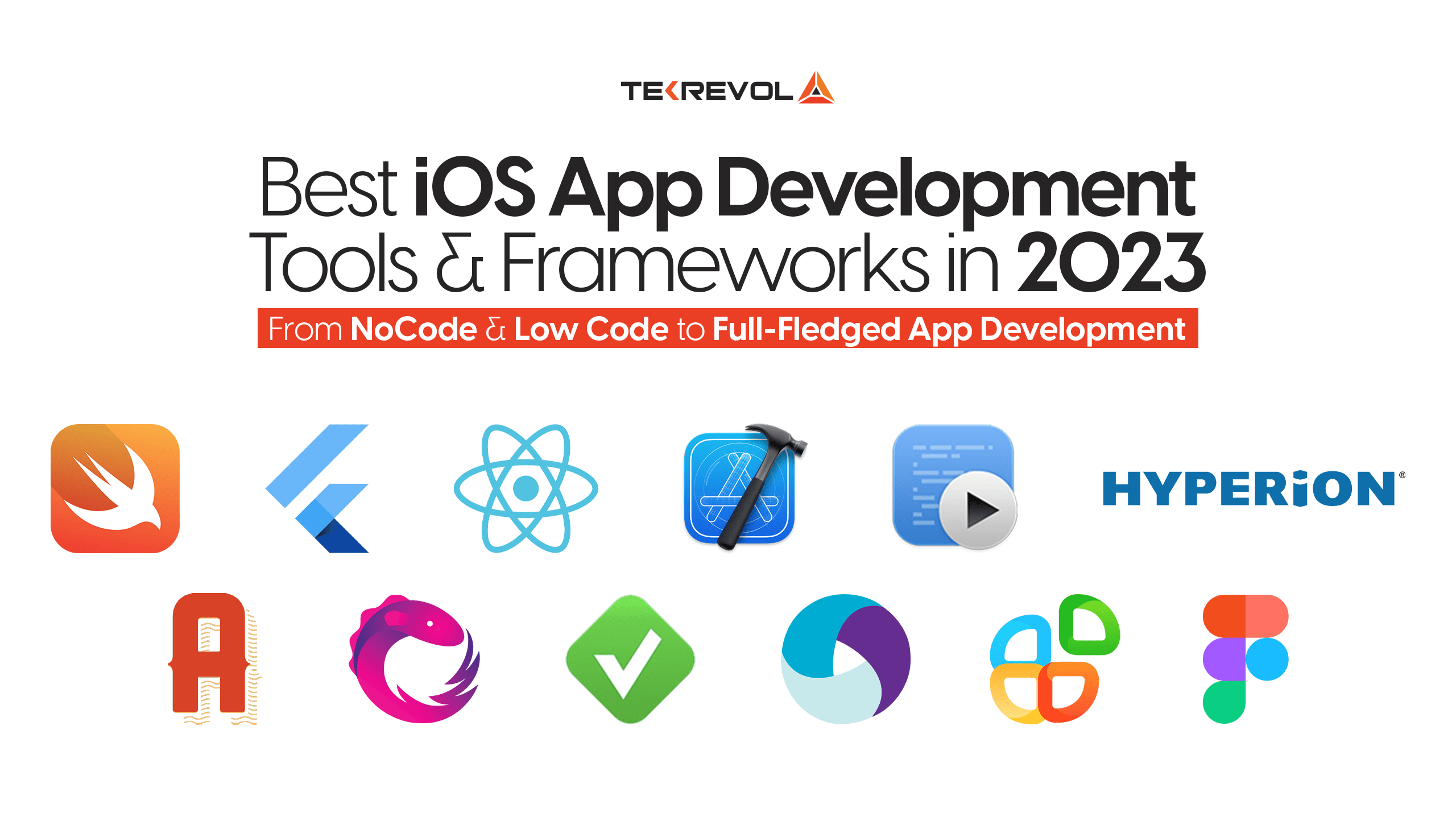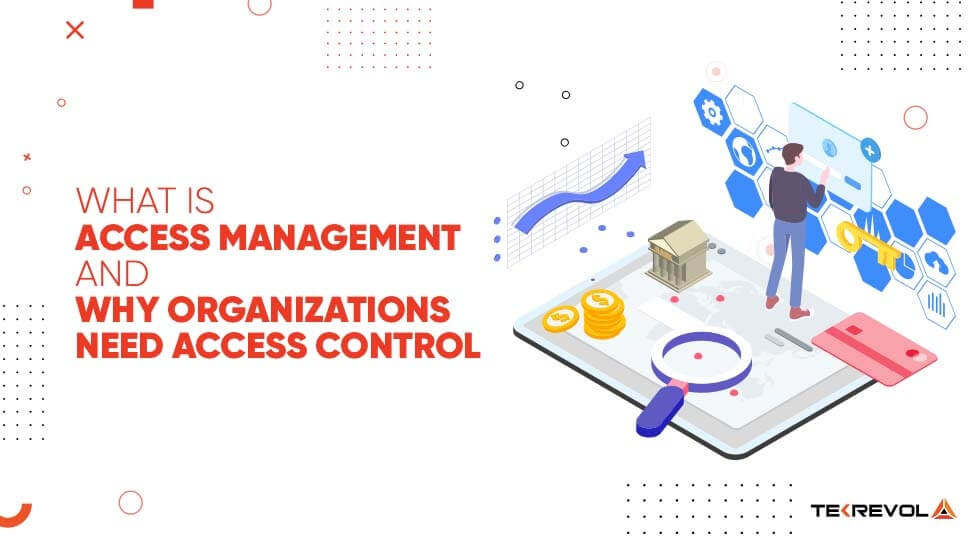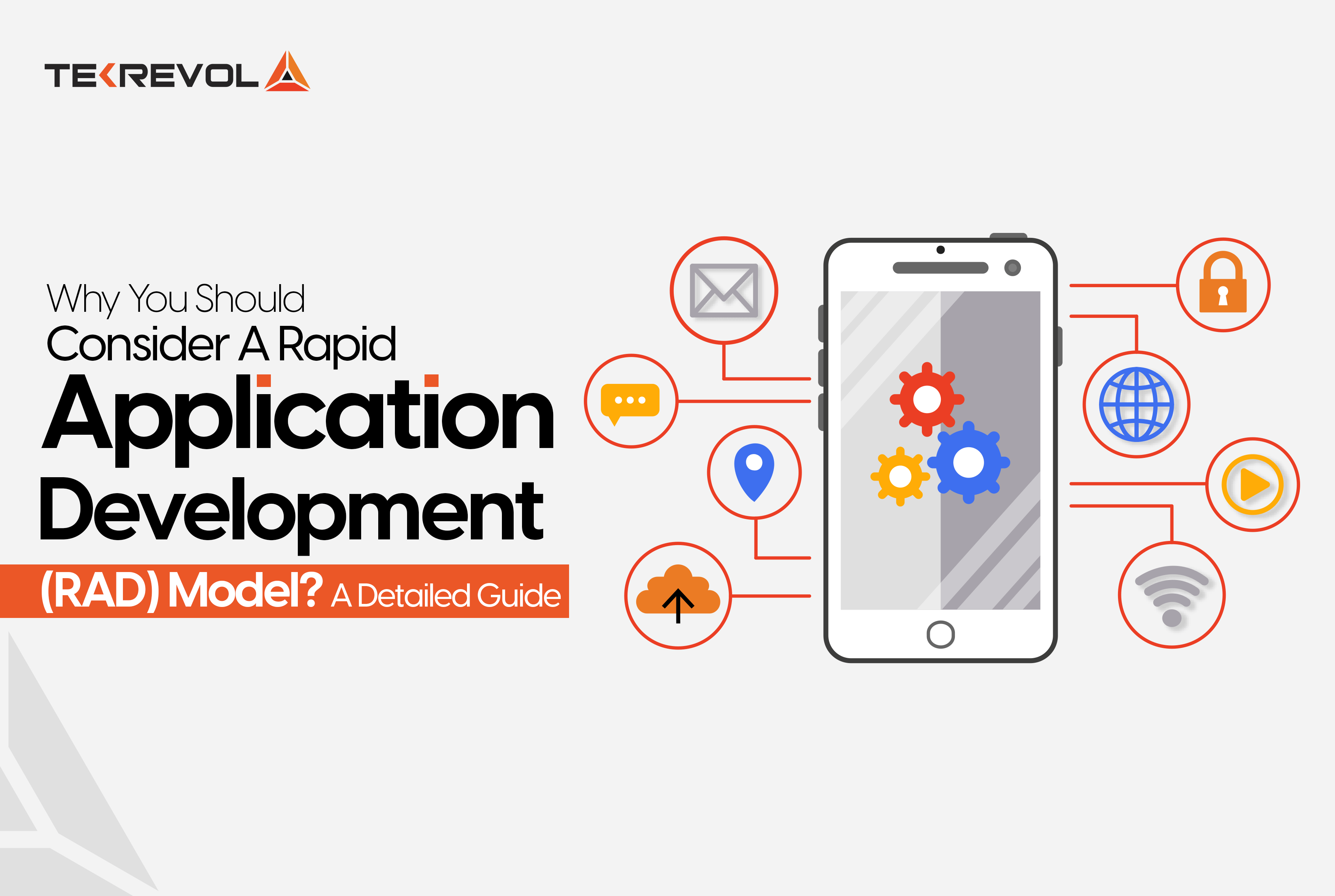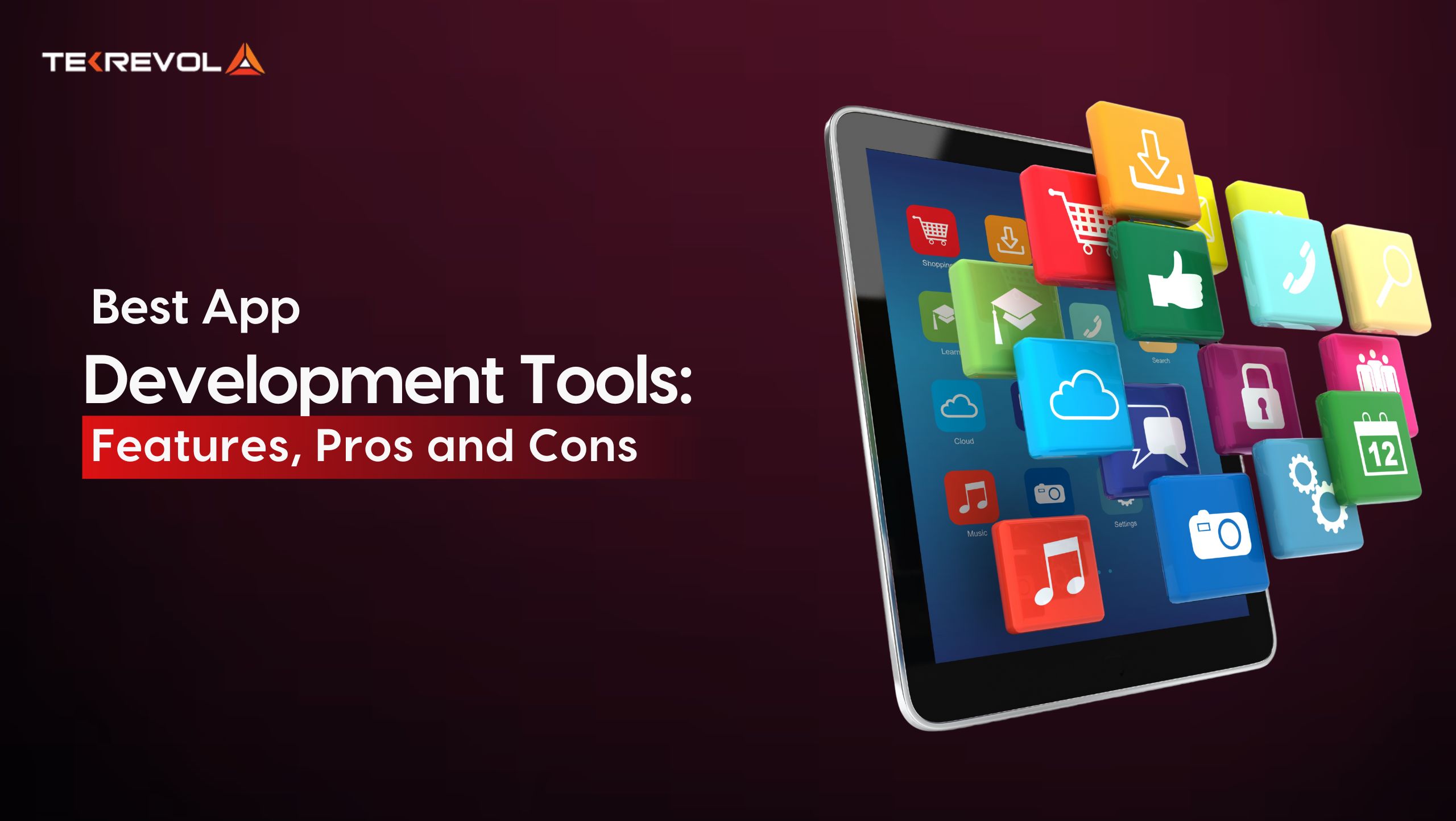In the age of the digital revolution, the idea of accommodation has been transformed by platforms like Airbnb.
As the sharing economy continues to bloom, more entities are looking to develop their own lodging rental apps like Airbnb.
If you’re fascinated by developing a similar platform in 2024, this comprehensive guide will give you essential insights.
From understanding the fundamentals of Airbnb to exploring its functionality for guests and hosts, we’ll look into the key aspects that make Airbnb an international success.
So, let’s board on the journey of discovery and study how to create an app like Airbnb with a leading Android and iOS mobile app development company.
What Is Airbnb?
At its core, Airbnb is a peer-to-peer accommodation marketplace that links travelers with hosts who provide exclusive lodging experiences.
Starting in 2008, Airbnb has altered how people travel by offering an alternative to traditional hotels.
It permits hosts to list their properties, whether an extra room, a complete house, or even a castle, and allows guests to book these accommodations for their anticipated travel dates.
With millions of global listings, Airbnb has become identical to tailored travel experiences and has disordered the hospitality industry.
Following is the global market capitalization of Airbnb from 2020 to 2023.

How does Airbnb Work?
Airbnb functions as a two-pronged marketplace, bringing together hosts and guests.
The stage delivers an intuitive interface where hosts can produce property listings, displaying details, facilities, and availability.
Contrary to that, guests can hunt for accommodations grounded on their choices, location, and travel dates.
They can glance through the listings, see photos, go through reviews, and connect with hosts before making a reservation.
Once a reservation is established, guests make payments over the platform, and hosts earn income from leasing their properties.
Airbnb enables the whole process, guaranteeing both parties a seamless and secure transaction.
How does Airbnb Work for Guests?
For guests, Airbnb provides a vast selection of lodging options and a chance to experience cities and destinations from a local’s perspective.
After signing up and creating a profile, guests can look for accommodations in their chosen location.
They can apply filters to narrow the results constructed on price, room type, services, and more.
Comprehensive property listings offer complete information, including photos, descriptions, testimonials, and ratings from past guests.
Guests can chat with hosts to ask questions or look for extra information.
Once they find a suitable place, they can book it steadily through Airbnb’s payment system.
The platform also enables post-stay testimonials, allowing guests to share their experiences.
How does Airbnb Work for Hosts?
For hosts, Airbnb offers a prospect to monetize their vacant spaces or properties.
After signing up and confirming their identity, hosts can generate persuasive listings highlighting their accommodations.
They can add details like descriptions, upload attractive property images, set house rules, and create pricing based on location, size, and facilities.
Hosts have control over the accessibility of their properties and can link with probable guests via the platform’s messaging system.
Once a booking is complete, hosts collect payment through Airbnb, which delivers a layer of security and peace of mind.
Hosts can also assess their guests and develop their status on the platform.
Key Statistics of Airbnb till 2021
- As of 2021, Airbnb’s worldwide company value peaked at USD 113 billion.
- The total assets of Airbnb internationally amounted to USD 13.71 billion.
- Airbnb’s gross value globally was recorded at 46.88 billion.
- The Airbnb app has been downloaded over 44 million times.
- In 2021, North America accounted for the most significant returns share at 54%, followed by the Middle East (EMEA) with 32%, Asia Pacific with 7%, and Latin America with 7%.
- Airbnb’s costs and expenses 2021 were around USD 5.56 billion, which was lower than the previous year. The functioning income for that period was USD 429.32 million.
- Level Up Your Knowledge Get the Inside Scoop
- The Latest Statistics about Accommodation Marketplace
Business Model of Airbnb
Airbnb’s business model rotates around relating hosts and guests in a peer-to-peer marketplace.
By providing a platform where hosts can monetize their properties and guests can discover exceptional accommodations, Airbnb develops value for both sides.
Through its profit streams, customer segments, key activities, properties, partnerships, and cost structure, Airbnb has recognized itself as a front-runner in the sharing economy.

Value Proposition
Airbnb’s value proposition lies in its aptitude to offer travelers reasonable and tailored accommodations while authorizing hosts to monetize their properties.
Guests relish the suitability of booking exclusive and local experiences repeatedly at lower prices than traditional hotels.
In the interim, hosts profit from extra income and the opportunity to share their properties with a worldwide community of travelers.
Revenue Streams
Airbnb creates revenue mainly through service fees charged to both guests and hosts.
Guests pay a fraction fee on the total reservation amount, while hosts are charged a commission on each fruitful booking.
Moreover, Airbnb delivers premium amenities to hosts, such as expert photography and improved listing features, which donate to its revenue streams.
Customer Segments
Airbnb caters to two primary customer segments: guests and hosts.
Guests include an assortment of travelers looking for unique and cost-effective lodgings, from holidaymakers to business travelers.
Hosts contain individuals, property owners, and even hospitality industries interested in leasing out their spaces, whether an extra room, apartment, or entire property.
Key Activities
The key actions of Airbnb rotate around managing the platform and enabling the interactions between guests and hosts.
This contains creating and maintaining the website and mobile applications, applying secure payment systems, proving user identities, app maintenance services, endorsing listings through marketing efforts, and guaranteeing consistent customer support to handle inquiries, disagreements, and testimonials.
Key Resources
Airbnb’s primary resources contain its digital platform, which serves as the base for its marketplace.
The platform includes the website, mobile applications, and backend set-up.
Other critical resources include the widespread host and guest network, brand status, data analytics aptitudes, secure payment systems, and a dedicated team to manage operations and customer support.
Key Partnerships
Airbnb formulates planned partnerships with numerous stakeholders to improve its contributions.
Key partnerships include collaborations with property management companies, tourism boards, and destination marketing organizations to increase the range of lodgings accessible on the platform.
Furthermore, Airbnb associates with payment processors, insurance providers, and supervisory bodies to guarantee secure transactions and compliance with local rules.
Cost Structure
Airbnb sustains costs in numerous areas, counting platform development and conservation, marketing and advertising, customer support, and employee wages.
In addition, there are costs related to controlling compliance, data security, insurance handling, and sustaining trust and safety measures.
As the platform increases internationally, localization efforts and cultural reworking also underwrite the cost structure.
Why Invest in Holiday Rental App like Airbnb?
Investing in a holiday rental app like Airbnb offers numerous convincing reasons.
Firstly, the vacation rental market lingers to experience continuous growth, motivated by altering travel choices and the increasing acceptance of the sharing economy.
By exploiting this trend, investors can tap into a profitable and growing market.
Secondly, the triumph of Airbnb has established the feasibility and potential effectiveness of the vacation rental model.
With Airbnb’s estimation reaching billions of dollars, it displays the vast value that can be shaped in this space.
Airbnb experienced its profits enhanced by 40% in 2022, a second year of growth after a 31% decline in revenue in 2020 due the COVID-19 Pandemic.
Airbnb quarterly returns 2019 to 2023 ($mm)

By fashioning a well-designed and user-friendly app, stakeholders can seize a market share and generate considerable returns on their investment.
Additionally, a holiday rental app provides variation within the real estate sector.
As a substitute for traditional property investments like hotels and rest houses, which may include high upfront costs and long-term pledges, a mobile app permits investors to enter the vacation rental market with comparatively lower capital requirements and better suppleness.
Finally, capitalizing on a vacation rental app provides a chance to donate to the progression of the travel and hospitality industry.
By offering travelers only and reliable accommodation choices, investors can form the way people experience destinations and underwrite the growth of the sharing economy.
- Ready to Launch Your App like Airbnb?
- Join Forces with TekRevol's Top-notch Android and iOS App Development Services!
Monetization Opportunities Offered by Vacation Rental Mobile App
A vacation rental mobile app offers various monetization opportunities for investors. Here are a few key avenues to consider:
Service Fees
Applying a commission-based model parallel to Airbnb permits investors to get revenue by charging hosts and guests a fraction fee on each reservation simplified through the app.
This fee can be grounded on reservation value, property type, or extra services.
Premium Services
Providing optional top-notch services to hosts, such as skilled photography, listing optimization, or improved marketing acquaintance, can generate an extra revenue stream.
These value-added services can assist hosts in enhancing their listings and enticing more reservations while producing revenue for the app.
Advertising and Sponsorships
Associating with local businesses, tour operators, or service benefactors can offer an opportunity for targeted advertising and backing within the app.
Hosts can benefit from enhanced exposure, while the app makes revenue through publicity fees or affiliate partnerships.
Data Insights
Aggregating and examining user data can offer treasured insights that can be monetized.
This data can be anonymized and vented to market research companies, tourism organizations, or other industry investors seeking drifts and consumer behavior outlines.
Partnerships
Working with travel-related businesses, such as transportation workers, travel insurance firms, or commotion booking platforms, can result in revenue-sharing partnerships.
By providing unified services through the app, investors can make commissions or recommendation fees for each fruitful transaction.
Subscription Model
Announcing a subscription-based model for hosts, with tiered estimating plans presenting additional features and reimbursements, can develop a frequent revenue stream.
This method offers hosts improved tools and services while creating stable income for the app.
Airbnb Vacation Rental App Features

The Airbnb vacation rental app incorporates vital features that augment the user experience and modernize the booking process.
Each feature is vital in enabling seamless interactions between guests and hosts, from sign-up to recompense management.
Let’s explore the main features that make Airbnb an accessible and effective platform.
Sign Up
The sign-up option permits users to develop their accounts through email registration or social media incorporation.
Users can offer personal facts, set choices, and develop secure login permits to access the app’s features.
Profile Management
The profile management feature allows users to develop and sustain their profiles.
They can increase personal information and profile pictures and confirm their characters to shape trust within the community.
Hosts can also display their properties and offer details to entice potential guests.
Search Feature
The search feature allows users to display accommodations based on their favorite location, travel dates, and detailed criteria.
Advanced filters permit users to perfect their search, including price range, property type, facilities, and more, guaranteeing they find the seamless rental for their requirements.
Property Listing
Hosts can use the property listing feature to display their accommodations in detail.
They can add photos, descriptions, facilities, house rules, convenience, and estimating information to entice potential guests.
A well-crafted listing assists hosts to extant their properties efficiently and increase their likelihood of receiving bookings.
Push Notifications
Push notifications keep users up-to-date about essential updates, such as booking approvals, messages from guests or hosts, impending trips, or individual bids.
This feature guarantees timely communication and improves the general user experience by offering Realtime updates and alerts.
In-App Chat
The in-app chat feature enables serial communication between guests and hosts.
It allows users to ask questions, debate booking details, stake important information, and solve concerns.
Realtime messaging within the app restructures communication and helps shape user trust and relationships.
Geolocation Feature
The geolocation feature lets users see listings and search for lodgings in particular areas or neighborhoods.
It visually represents properties on a map, serving guests to classify suitable options based on their favored locations and nearness to attractions or facilities.
Cancellation Feature
The cancellation feature permits users to manage their bookings and handle withdrawals if required.
Guests can evaluate the termination policy associated with each listing and demand cancellations within the stated timeframe.
Hosts can also set cancellation policies to ensure clarity and protect their rental availability.
Ratings and Reviews Feature
The ratings and reviews feature permit guests to deliver feedback on their stay, including ratings and written testimonials.
This feature benefits future guests who make well-versed decisions and offers hosts valued feedback to enhance their offerings.
It also subsidizes developing trust and responsibility within the Airbnb community.
Booking History
The booking history feature permits users to access their previous and future bookings, including information such as dates, property details, and pricing.
This feature aids users in keeping track of their travel itineraries, reviewing past experiences, and positioning important booking information as desired.
Payment Management
The payment management feature allows secure and unified transactions within the app.
Users can add payment means, make reservations, and process payments with self-assurance.
Hosts can obtain their wages through the app’s secure payment system, streamlining the financial aspect of leasing their properties.
Coupons and Offers
The coupons and offer feature consent users to exchange promotional codes and take advantage of special discounts or enticements Airbnb offers.
These offers can be implemented during the reservation process, saving users and improving the app’s value proposition.
Steps on How to Make an App Like Airbnb

Developing an app like Airbnb necessitates cautious planning, design, development, and application.
Follow the following steps to guide you through the whole procedure:
Describe Your Concept and Purposes
Plainly outline your concept for the app and find your target audience. Regulate the unique selling points of your app and set specific goals and purposes for its development.
Market Research
Conduct detailed market research to recognize the competitive landscape and user choices. Examine the existing vacation rental apps, classify gaps or opportunities, and collect insights to improve your app’s features and functionalities.
Design User Experience (UX) and User Interface (UI)
Develop wireframes and prototypes to envisage the flow and structure of your app. Consider the user experience, guaranteeing intuitive navigation, a unified reservation process, and attractive graphics. Create a user interface that aligns with your brand and offers a visually engaging experience for users.
Find out Essential Features
Find the core features your app requires, such as user registration and profiles, property listings, search and filter options, messaging system, reservation and payment supervision, and ratings and testimonials. Moreover, consider applying features that distinguish your apps, such as social integration, modified recommendations, or exclusive property categories.
Choose the Technology Stack
Select the suitable technology stack based on your app’s requirements. Study factors such as platform compatibility (iOS, Android), backend development (e.g., Ruby on Rails, Node.js), and frontend frameworks (e.g., React Native, Flutter).
Develop the Minimum Viable Product (MVP)
Create an MVP, concentrating on the central features that permit users to search and book accommodations. This method permits you to test the market and collect feedback before capitalizing on extra features and functionalities.
Backend and Database Development
Develop a robust backend infrastructure that grips user authentication, property supervision, search algorithms, messaging, and payment dispensation. Choose a mountable database system to manage user data and property listings competently.
Frontend Development
Create the app’s front end, guaranteeing trouble-free navigation, attractive design, and receptiveness across numerous devices. Apply the UI/UX design elements and add the necessary APIs for features like location services and payment gateways.
Testing and Quality Assurance
Perform rigorous testing to guarantee the app functions smoothly without critical bugs or usability issues. Test scenarios, including booking, messaging, payment processing, and user interactions, to deliver a stable and reliable app.
Launch and Deployment
Formulate for the app launch by creating an app store developer account and improving your listing with compelling visuals, persuasive descriptions, and pertinent keywords. Follow the strategies for submission and circulation on platforms like the App Store and Google Play.
Gather User Feedback and Iterate
Once the app is launched, collect user feedback and unceasingly repeat based on their suggestions. Study analytics and user behavior to classify areas for development and new feature concepts.
Scale and Expand
As your user base enhances, focus on grading your infrastructure, improving security measures, and presenting new features to keep up with user demands and market trends. Contemplate growing to other markets or associating with local businesses to improve your app’s offerings further.
- Are you looking to Develop a website or an App like Airbnb?
- Our experienced developers specialize in crafting the best Accommodation Marketplace web/apps to bring your vision to life.
What Tech Stack is Needed to Create a Vacation Rental App like Airbnb?

To develop a robust and feature-rich vacation rental app like Airbnb, you need to prudently choose the right mixture of technologies for different gears of your application.
Following is a breakdown of the indispensable tech stack components:
| Component | Technology Stack |
|---|---|
| Frontend | React Native / Flutter / Angular / Vue.js |
| Backend | Node.js / Ruby on Rails / Django / Laravel |
| Database | MySQL / PostgreSQL / MongoDB |
| Cloud Storage | Amazon S3 / Google Cloud Storage / Azure Blob Storage |
| Geolocation | Google Maps API / Mapbox API |
| Payment Gateway | Stripe / PayPal / Braintree |
| Push Notifications | Firebase Cloud Messaging / Apple Push Notification Service |
| Realtime Messaging | Socket.IO / Firebase Realtime Database |
| Analytics | Google Analytics / Mixpanel |
| Search and Filters | Elasticsearch / Apache Solr |
| Authentication | JSON Web Tokens (JWT) / OAuth 2.0 |
| Hosting | Amazon Web Services (AWS) / Google Cloud Platform (GCP) |
| CDN | Cloudflare / Akamai |
- Frontend technologies like React Native, Flutter, Angular, or Vue.js allow you to develop cross-platform apps that work flawlessly on iOS and Android devices. These frameworks offer a native-like user experience and permit code reuse.
- For the backend, Node.js, Ruby on Rails, Django, or Laravel can switch the server-side logic and data processing. These frameworks are recognized for their scalability, ease of development, and extensive community sustenance.
- Database options involve MySQL, PostgreSQL, and MongoDB. MySQL and PostgreSQL are reliable relational database management systems (RDBMS) that guarantee data steadiness and integrity. MongoDB, a NoSQL database, provides flexibility and scalability for conducting large amounts of raw data.
- Cloud storage services like Amazon S3, Google Cloud Storage, or Azure Blob Storage offer secure and scalable storage for user-generated content such as property images and documents.
- Geolocation services like Google Maps API or Mapbox API allow location-based search and mapping functionalities, improving the UX.
- Payment gateways like Stripe, PayPal, or Braintree enable secure and effortless transactions between guests and hosts.
- Push notifications can be applied using Firebase Cloud Messaging (FCM) or Apple Push Notification Service (APNS) to keep users well-versed about reservation updates, messages, and promotions.
- Realtime messaging can be accomplished using technologies like Socket.IO or Firebase Realtime Database, permitting guests and hosts to interconnect within the app promptly.
- Analytics tools such as Google Analytics or Mixpanel help track user behavior, app usage, and performance metrics to increase valuable insights for more optimization.
- Search and filtering proficiencies can be driven by search engines like Elasticsearch or Apache Solr, allowing users to discover appropriate accommodations based on their partialities.
- Authentication can be applied using JSON Web Tokens (JWT) or OAuth 2.0 for lock user authentication and approval.
- Hosting options comprise cloud platforms like Amazon Web Services (AWS) or Google Cloud Platform (GCP) that provide scalability, consistency, and infrastructure management services.
- Content delivery networks (CDNs) like Cloudflare or Akamai can be used to guarantee faster content delivery and enhanced performance.
This tech stack serves as a guideline, and the detailed technologies may change depending on your project needs and choices.
How Much Does It Cost to Develop an App Like Airbnb?
Numerous factors affect the cost of creating an Airbnb-like app, which we will discover below:
Development Team Size: A well-rounded team encompassing a project manager, frontend and backend developers, UX/UI designers, and Quality Analysis specialists is required for successful mobile app development.
Number of Platforms: You can develop the app for a single platform (iOS or Android) or both. Consider aspects like target audience location and device environment when deciding. Note that Android app development usually takes longer than iOS app development.
Complexity: The range of features you wish for your app will regulate its intricacy. Categorize these features as superficial, medium, or highly complex. The application time for these features unswervingly affects the app’s cost.
App Design: Determining unique tools and pictures in your Airbnb-like app design will raise the overall cost linked to typical design choices.
While conferring app features, it’s imperative to note that the projected time stated covers all stages, from logic design to testing. The listed features can differ from simple and basic to extra and complex. Let’s now investigate the cost deliberations of developing an app like Airbnb.
| Factors | Influence on Cost |
|---|---|
| Size of Development Team | A team of project managers, frontend and backend developers, UX/UI designers, and QA experts will affect the cost. |
| Number of Platforms | Developing for a single platform (iOS or Android) or both platforms will impact the cost. Android development generally takes longer than iOS. |
| Complexity | The range and complexity of features desired in the app will affect the development time and cost. |
| App Design | Using unique tools and visuals for app design can increase costs compared to standard designs. |
| App Features | The specific features and their complexity will influence the overall cost of the app development. |
Estimated cost breakdown based on region and platform
| Region | Hourly Rates (USD) |
|---|---|
| USA/Canada-based | $50-$250 |
| Eastern Europe | $20-$150 |
| Western Europe | $30-$170 |
| Australia | $50-$150 |
| India | $10-$80 |
Rough Estimate for App Cost
| App Configuration | Estimated Cost (USD) |
|---|---|
| Single Platform with Basic Features | $25,000-$30,000 |
| Both iOS and Android with Advanced Features | $50,000-$60,000 |
These approximations offer a general impression, and the actual cost may change based on specific project requirements, intricacies, and the selected development team.
It is recommended to consult with professional developers to get a more accurate cost estimate for developing an app like Airbnb.
Concluding thoughts
Creating an app like Airbnb entails careful planning, deliberation of user needs, and the right technological solutions.
By considering Airbnb’s business model, essential features, and the tech stack needed, you can go on board to develop your vacation rental app.
While the cost can change depending on your app’s intricacy and customization, capitalizing on a well-designed and functional app can harvest long-term benefits by providing users with a unified booking experience and opening opportunities in the vacation rental market.
- You can bring your vision of an Airbnb-like app to life with the right approach and development team.
- Experience the Future Today. Create an App like Airbnb with TekRevol's Powerful, User-Friendly Platform.

 2965 Views
2965 Views April 1, 2025
April 1, 2025